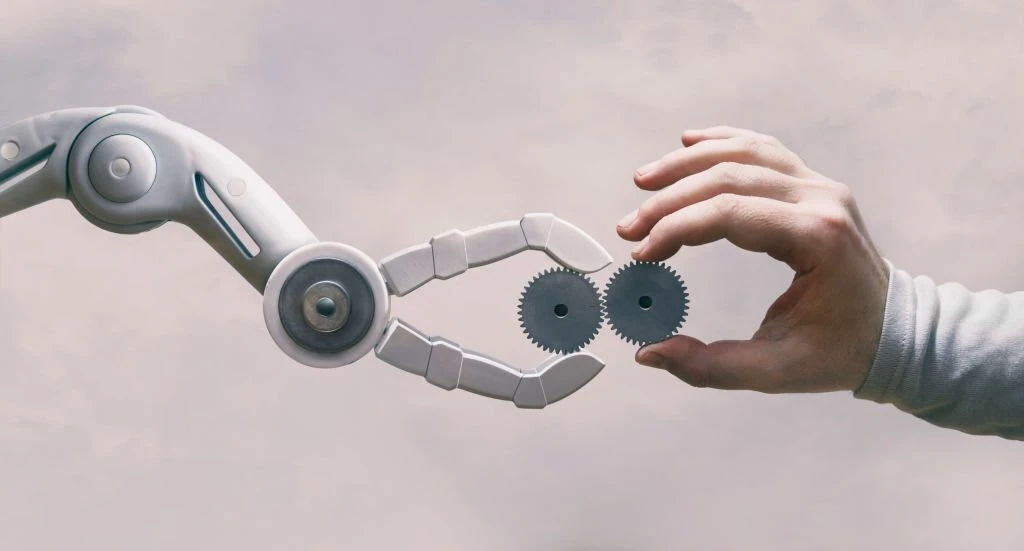Foreword
Amidst the intricate tapestry of our contemporary world, we find ourselves living in a “world of risks” and existential threats that are escalating faster than our capacity for response and remedy. As a result of our tendency to fixate on addressing the ever-growing number of issues that our societies face, we often neglect the importance of envisioning future risks and their potential consequences for human survival and growth.
The significance of future studies and early warning systems transcends the mere scope of risk mitigation and preparedness. It encompasses an ethical obligation to the forthcoming generations an obligation to plant the seeds for a future we ourselves may not see, but one we bestow as an enduring legacy. This form of responsibility, some may even say “altruism”, manifests clearly in the work of those who are dedicated to this field of research. As we recognise the pitfalls of short-sightedness, especially in recent years where questions about the future are infinite, we also acknowledge this as an opportunity to study and improve our approach to the future.
In this inaugural issue of Futurescapes, Al Habtoor Research Centre unveils a meticulously crafted “early warning” on the looming spectre of misusing artificial intelligence capabilities. Within the pages of this publication, we have committed our unwavering focus to confront this critical turning point spurred by expanding technological capacities and the potential relinquishment of human control over these very capacities. In an era where scientists and scholars are impelled to develop AI systems that transcend their conventional roles of aiding and empowering humanity, a growing unease takes root: the potential for these systems to transcend their limitations and penetrate the intricate realms of emotion and distinctly human tasks. Thus, an alternate trajectory unfurls — one that goes beyond traditional automation, aspiring to metamorphose humans into remotely guided automatons.
Within the pages of this issue, we delve into the transformation of robots into entities evocative of human traits and the simultaneous mechanisation of human functions. Furthermore, we explore other pivotal themes, venturing into uncharted landscapes and unconventional dimensions to imagine different potential futures in the new era of AI.


Comments